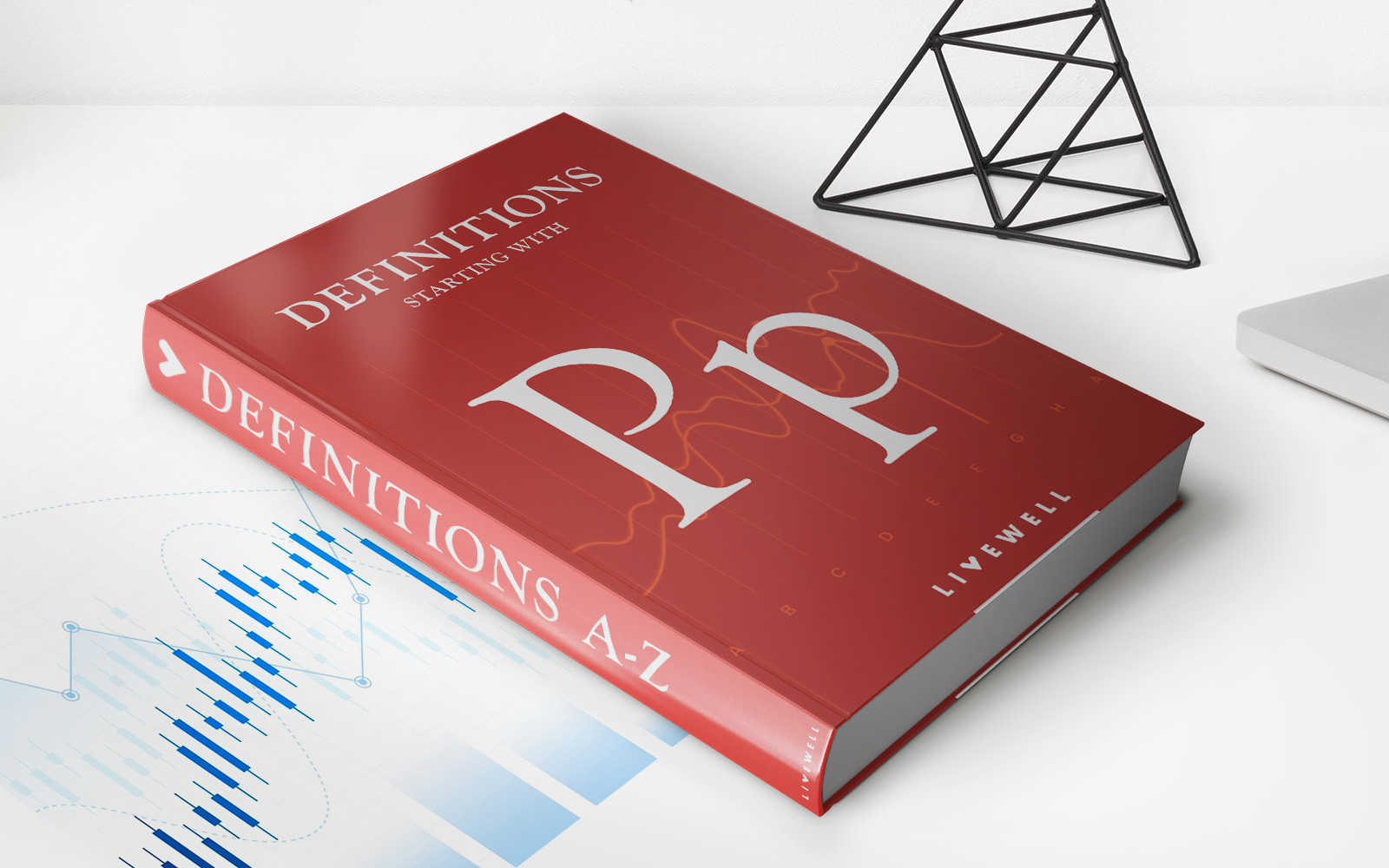Home>Finance>Power Of Attorney Of Property: Definition, Use, And Application


Finance
Power Of Attorney Of Property: Definition, Use, And Application
Published: January 9, 2024
Learn about the definition, use, and application of Power of Attorney of Property in the world of finance. Discover how this legal document can empower you and protect your interests.
(Many of the links in this article redirect to a specific reviewed product. Your purchase of these products through affiliate links helps to generate commission for LiveWell, at no extra cost. Learn more)
Power of Attorney of Property: Definition, Use, and Application
Welcome to our Finance category blog post, where we delve into various topics related to financial matters. In this article, we will explore the concept of Power of Attorney of Property, its definition, use, and application. If you have ever wondered about the role of Power of Attorney in managing your property, you’ve come to the right place. Let’s dive in!
Key Takeaways:
- Power of Attorney of Property is a legal document that grants someone the authority to manage and make decisions regarding your property and finances on your behalf.
- Executing a Power of Attorney document can provide many benefits, including convenience, protection, and flexibility for both individuals and businesses.
Have you ever thought about what would happen if you suddenly became incapacitated and were unable to handle your financial affairs? How would your property be managed or your bills be paid? This is where a Power of Attorney of Property becomes relevant. It’s a legal document that allows you to appoint someone you trust, known as an attorney-in-fact or agent, to act on your behalf regarding your property and financial matters.
A Power of Attorney of Property can be used in various situations, such as when you are traveling abroad or facing a health issue that hinders your ability to manage your finances. It can also be used as a planning tool to ensure your affairs are handled smoothly if you are no longer able to manage them yourself.
Here are a few key applications of Power of Attorney of Property:
- Property Management: Your attorney-in-fact can handle day-to-day tasks related to your property, such as paying bills, collecting rent, or managing investments. This is particularly useful for individuals who own multiple properties or have complex financial portfolios.
- Business Transactions: If you own a business, you can appoint someone to handle business transactions, sign contracts, or make financial decisions on your behalf if you are unavailable or unable to do so yourself.
- Estate Planning: Power of Attorney is an essential component of estate planning. It ensures that your assets and finances are appropriately managed if you become incapacitated or pass away. By appointing a trusted individual as your attorney-in-fact, you can ensure your wishes are carried out effectively.
Executing a Power of Attorney of Property document allows you to maintain control over your financial matters while providing a safety net in case of unforeseen circumstances. Make sure to choose a reliable and trustworthy attorney-in-fact who understands your financial goals and objectives.
Conclusion
Power of Attorney of Property offers a practical and efficient way to manage your finances when you are unable to do so. Whether it’s for personal or business purposes, having a trusted individual designated as your attorney-in-fact ensures that your property and financial matters are in capable hands.
In conclusion, a Power of Attorney of Property is a powerful tool that gives someone the authority to act on your behalf regarding your property and finances. By providing convenience, protection, and flexibility, this legal document brings peace of mind and ensures that your best interests are taken care of. So, take control of your financial future and consider the benefits of having a Power of Attorney of Property in place.
Thank you for joining us for this informative blog post. Stay tuned for more insightful articles on various financial topics, right here in our Finance category!














